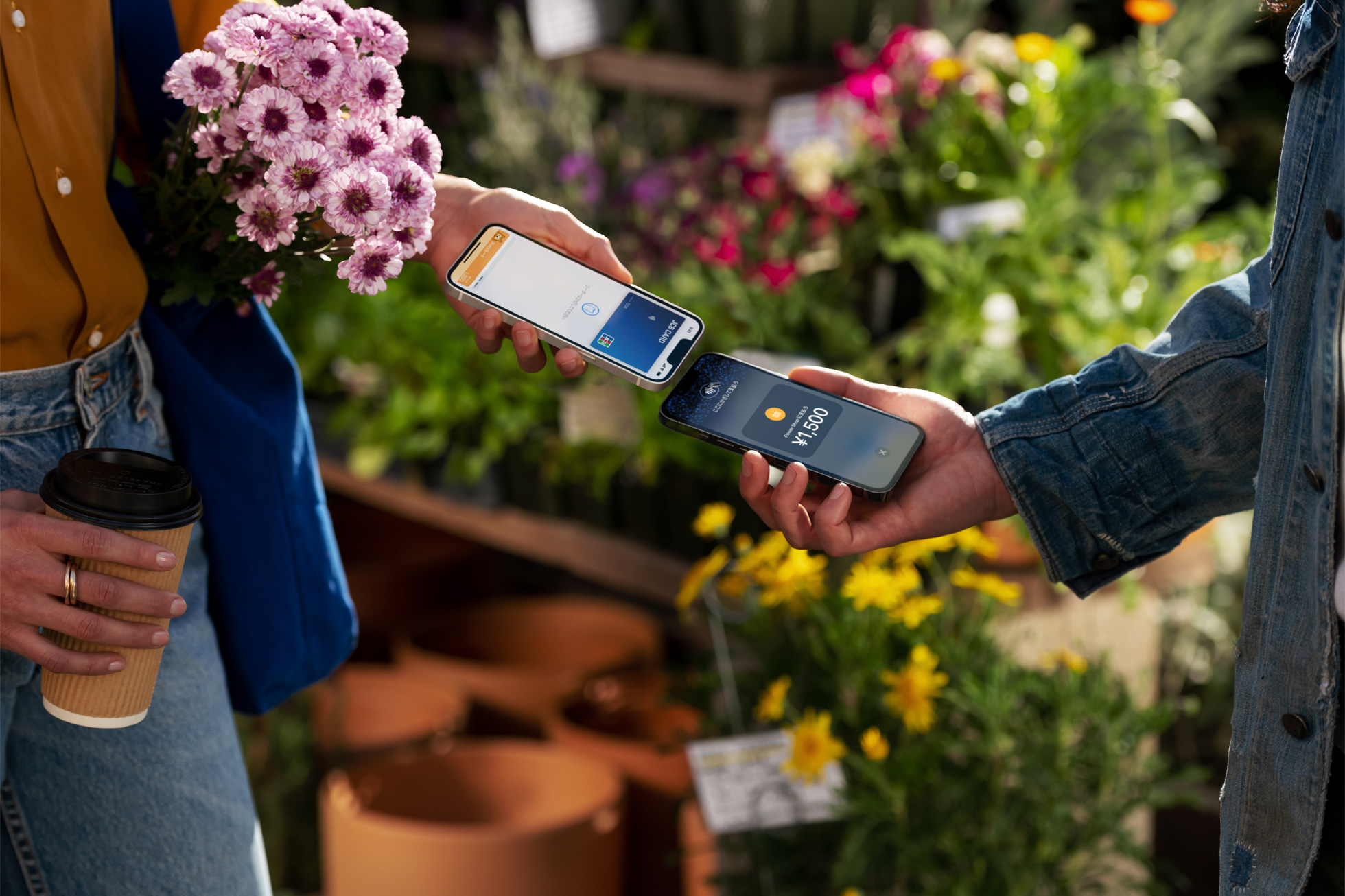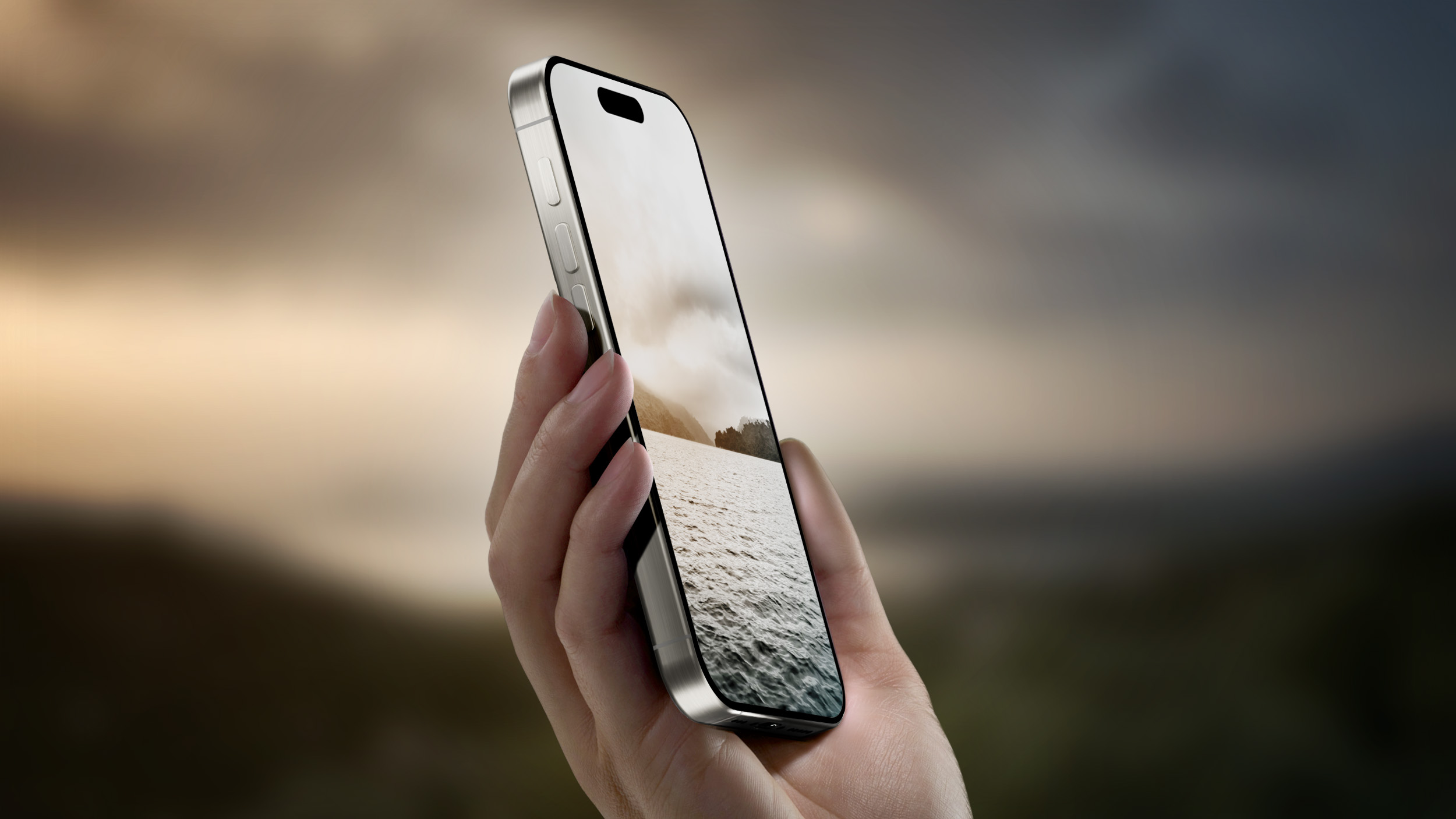Sideloading could be coming to your iPad – here’s what that means
[[{“value”:”
There’s been a lot of talk in recent months about how the European Union (EU) is battering down the door of the iPhone’s walled garden, forcing Apple to let European iOS users sideload apps from alternative app stores if they so wish. But there’s been very little news on how this will affect the iPad – until now.
Yesterday, the EU categorized the iPadOS operating system as a “gatekeeper,” meaning it will fall under the same Digital Markets Act (DMA) regulations that have forced Apple to open up its iOS ecosystem. Now that the EU has reached this conclusion, it has declared that “Apple now has six months to ensure full compliance of iPadOS with the DMA obligations.”
Although iOS and iPadOS are technically different operating systems, they’re very similar on both the front and backend, and they have only existed as separate entities since Apple spun off iPadOS in 2019.
Most importantly, they use the same method of distributing apps as each other – specifically, only from Apple’s locked-down App Store. That means that if the EU deemed that iOS was a gatekeeper and had to be opened up, the same was always likely to be true of iPadOS.
What does this mean for you?
(Image credit: TechRadar)
From a practical standpoint, the EU’s decision could have huge implications for iPad users. We’ve already seen how Apple has been forced to open up iOS and similar changes are likely coming to iPadOS.
For instance, we expect you will no longer be restricted to only downloading apps from the App Store. On iOS, Apple is allowing users in the EU to source apps from both third-party app stores and directly from developer websites. We imagine similar changes will be coming to iPadOS.
It won’t be a total free-for-all, though. Apple has said that if app developers want to allow downloads from their websites, they must have been part of the Apple Developer Program for two continuous years, have had at least one million first installs in the EU in the previous year, and must submit their apps to notarization, which lets Apple check for malicious code and other nasties. Those measures are intended to keep users safe from viruses and trojans, something Apple has been vocal in warning people about.
Interestingly, the EU says that one of the reasons iPadOS was designated a gatekeeper platform is that, “end users are locked-in to iPadOS. Apple leverages its large ecosystem to disincentivize end users from switching to other operating systems for tablets.” That contention could have seismic implications, as it seems to suggest that Apple should allow other operating systems – like Android – on its iPads.
We’ll have to see how the situation on iPadOS unfolds. For now, it’s likely to take a similar trajectory to iOS, with alternative app stores opening up and offering a different way for you to download apps on your tablet. Beyond that lies a sea of uncertainty and speculation.
You might also like
Apple’s big iOS and App Store changes explained – 7 things you need to knowHere’s what alternative iPhone app stores will look like – and how they’ll workThe next iOS 17 update will let EU iPhones download apps directly from websites – and that’s a big deal
“}]]




